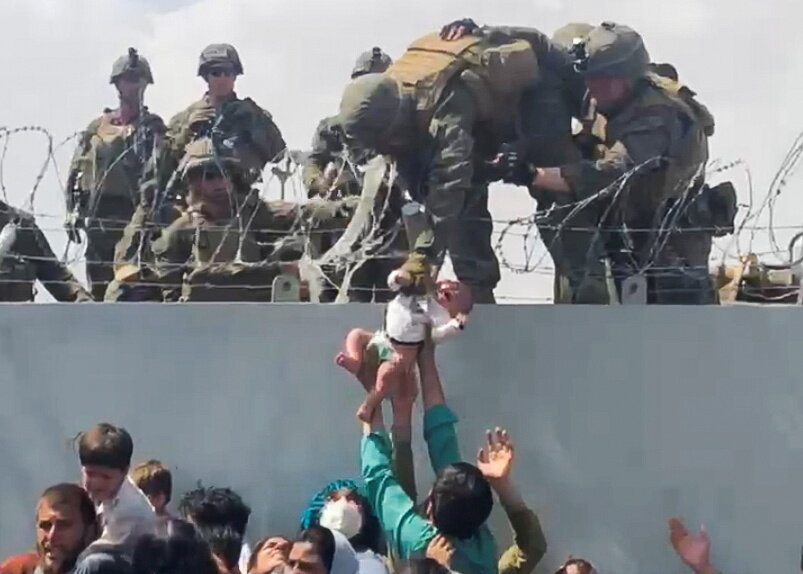Today’s seminar was a deeply moving experience. Hearing firsthand from an actual and former refugee who endured the harrowing events in Afghanistan offered a perspective that transcends the filtered narratives we receive through media and politics. While we often hear stories of war, displacement, and survival, there is a profound difference between passive recognition and truly understanding the depth of such experiences. Listening to someone recount their pain and suffering—through their own eyes—was both humbling and unforgettable.
A central concern that emerged for many of us in our group is how Norway’s integration programs support refugees who have endured such traumatic experiences. While the state’s efforts to provide legal and structural support are notable, we were left wondering: Is mental health prioritized in these programs? Trauma does not end with resettlement; it often follows refugees into their new lives, complicating their ability to adapt, integrate, and rebuild. Without sufficient attention to mental health, the challenges of starting anew in a foreign society may feel insurmountable.
Despite the hurdles—ranging from the psychological scars of their past to systemic barriers in finding employment and being deemed “worthy” of belonging—it was inspiring to witness the resilience displayed by those who have faced such unimaginable trials. Their ability to rise above these challenges, to persist in a society that often fails to make the journey easier, is a testament to their strength and determination. It challenges us to redefine resilience, not as an abstract concept but as something lived and embodied by these individuals.
Today’s seminar reminded us that true integration goes beyond policies and programs—it requires empathy, holistic support, and a collective commitment to recognizing the humanity and potential of those who have survived the unimaginable.
We grade today’s seminar 4 stars out of 5.
